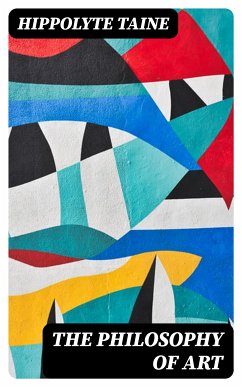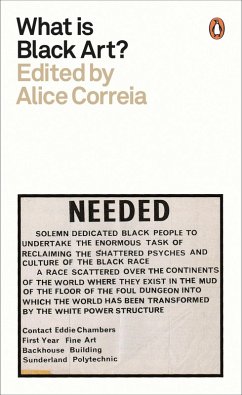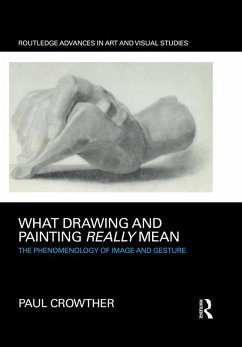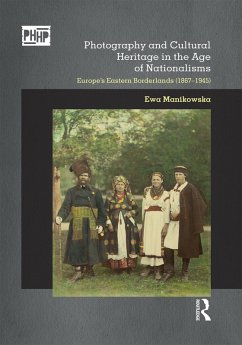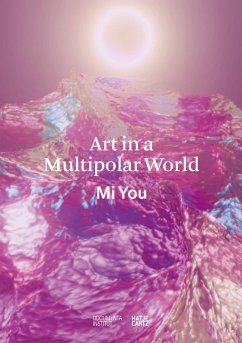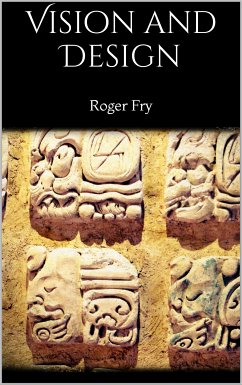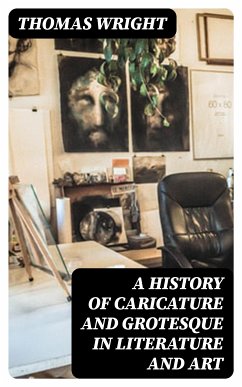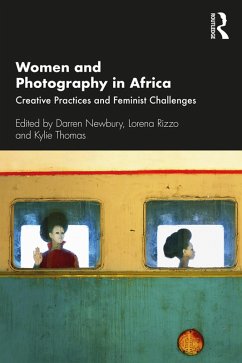
The Philosophy of Art (eBook, ePUB)
Versandkostenfrei!
Sofort per Download lieferbar
2,13 €
inkl. MwSt.
Weitere Ausgaben:

PAYBACK Punkte
0 °P sammeln!
In "The Philosophy of Art," Hippolyte Taine embarks on a profound exploration of the interrelationship between art, society, and the human experience. Blending aesthetics with a robust historical perspective, Taine employs a naturalistic approach that examines the influence of environment, culture, and social conditions on artistic expression. His literary style is characterized by clear, analytical prose infused with philosophical rigor, making complex ideas accessible to a diverse readership. Taine situates his discourse within the broader context of 19th-century European thought, where the ...
In "The Philosophy of Art," Hippolyte Taine embarks on a profound exploration of the interrelationship between art, society, and the human experience. Blending aesthetics with a robust historical perspective, Taine employs a naturalistic approach that examines the influence of environment, culture, and social conditions on artistic expression. His literary style is characterized by clear, analytical prose infused with philosophical rigor, making complex ideas accessible to a diverse readership. Taine situates his discourse within the broader context of 19th-century European thought, where the Enlightenment's rationalism grapples with romanticism's emotional depth, ultimately advocating for a synthesis of both perspectives as seen in the various art forms he investigates. Hippolyte Taine, a prominent French critic and philosopher, was influenced by his extensive studies in history, literature, and psychology. His experience as a historian provided him with a unique lens through which to analyze art, prompting him to consider how external factors shape creative endeavors. Taine's intellectual environment was rich with the ideas of contemporaries such as Émile Zola and Charles Sainte-Beuve, encouraging him to pursue a multidisciplinary approach to understanding the essence of art. This seminal work is highly recommended for scholars, art critics, and those intrigued by the philosophical underpinnings of creative expression. Taine's comprehensive examination offers valuable insights into the evolution of art and its inherent connections to human nature, making it essential reading for anyone seeking to deepen their understanding of art's role in society.
Dieser Download kann aus rechtlichen Gründen nur mit Rechnungsadresse in A, B, BG, CY, CZ, D, DK, EW, E, FIN, F, GR, HR, H, IRL, I, LT, L, LR, M, NL, PL, P, R, S, SLO, SK ausgeliefert werden.




